 Most people think of self-publishing as a last resort. And truth be told: it is. It would be much easier to have a mainstream publisher cover all the costs of printing, distribution, and marketing of a book. However, there are cases where even having a mainstream publisher can be problematic – such as getting limited marketing help or never making any royalties. Here are the pros and cons of self-publishing versus publishing a book with a traditional publisher.
Most people think of self-publishing as a last resort. And truth be told: it is. It would be much easier to have a mainstream publisher cover all the costs of printing, distribution, and marketing of a book. However, there are cases where even having a mainstream publisher can be problematic – such as getting limited marketing help or never making any royalties. Here are the pros and cons of self-publishing versus publishing a book with a traditional publisher.
Advantages to Self-Publishing
Creative control. This isn’t only an issue about the editorial process, but even as you set out to begin the book. With self-publishing, you don’t have to censor yourself to appeal to the current market and you write however you see fit. Once the book is done, you will not have an editor reworking the book. This is not to say that you shouldn’t have an editor take a look at the book to help correct mistakes and make improvements, but you will be in the driver’s seat. Creative control applies to cover design as well.
Profits. There are stories of authors who have found that a mainstream press offering limited marketing help for the book. The result is that the author has to fit the bill for marketing, as well as receive lower royalties for each sale. Self-publishers can receive $5.00 per book or more, which is unheard of in a traditional publishing arrangement, as the publisher needs to make back expenses.
Guaranteed Publication. There is no reason to have a book gathering dust on the shelf. Any writer can choose to self-publish instead. The only way to reach new readers is to get the book out there. So while it may be difficult to sell crates of self-published books, the point of writing is to find readers, so writers have a guaranteed outlet for any new writing project. In the same vein, books can always stay in print (via print on demand) rather than being relegated to the used bin.
No long term contracts. You own exclusive rights to your own work, so you will always have the freedom to work with a new publisher if a good offer arises. This applies to movie rights, remainder rights, rebroadcast rights – it all reverts to you.
Editorial freedom. If you decide to put out a new edition of your book, you can edit the book and release a new edition whenever necessary. With a traditional publisher, the book has to sell out to warrant a new printing, let along a totally new edition.
Immediate publication. You don’t need to wait through the query process with agents and publishers (and rejection letters) and you can instead release your book immediately. This is vital if you happen to be writing about a timely subject. Additionally, you can get instant feedback, which you can then use to put out an improved edition.
Saving paper. Really, this is something to consider, especially considering today’s green awareness. Printing on demand, rather than bulk-ordering books up front, means that you won’t needlessly print up books that will never be sold. This can also save money.
Disadvantages to Self-Publishing
Limited Distribution. It is very difficult to get the book into brick and mortar bookstores. You should be resigned to having a book mainly available online. It’s possible to sell to bookstores directly, possibly on a consignment basis, but you will not be able to distribute books far and wide. However, your book can be available for ordering through all major retailers.
Marketing. You must handle all of the marketing yourself. Often this is the case anyway, as small presses don’t have the budget to aggressively market a book. Even authors on large presses need to hire an additional PR firm to handle aspects of book marketing, as there are numerous stories of mainstream authors being neglected by the marketing department of a major publisher. However, with self-publishing, the author needs to do everything, or hire someone to do it – and it can be difficult to get self-published books reviewed or to be interviewed by mainstream outlets.
Hiring a Book Designer. Even though self-publishing gives you creative control, hiring a professional book designer is a significant expense. If you’re serious about having a self-published book taken seriously – and not screaming “self-published” – then you’re going to have to absorb the expense of hiring a professional book designer.
These advantages to traditional publishing are significant. Unless you’re willing to do the leg work yourself, as well as absorb the expense, then perhaps you should seek out a traditional publisher. But if you want to get published immediately, or you’ve exhausted the traditional channels, there’s no reason to not self-publish. Good things happen when you get your book out to prospective readers.
Get an Editorial Review | Get Amazon Sales & Reviews | Get Edited | Publish Your Book | Enter the SPR Book Awards | Other Marketing Services





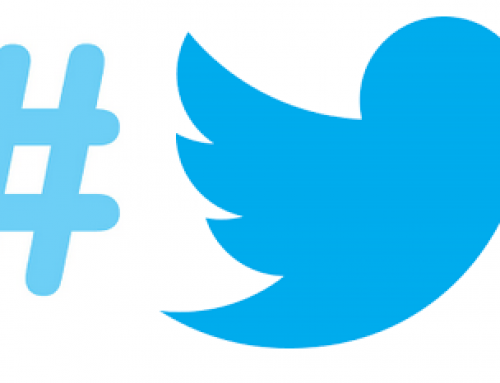
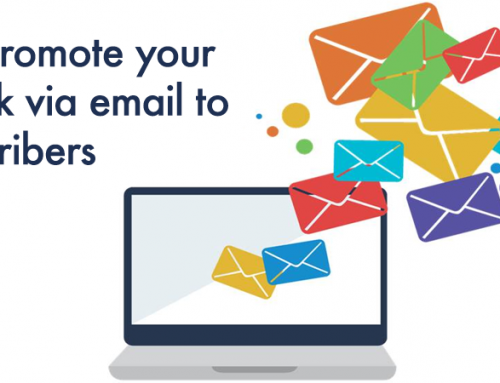
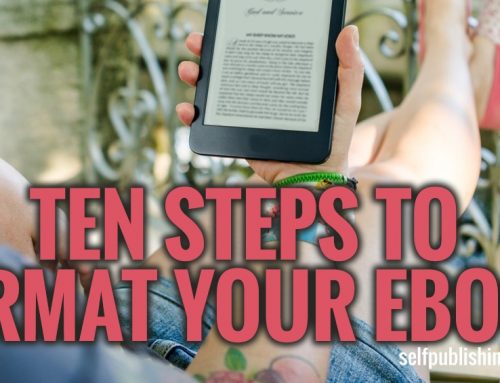
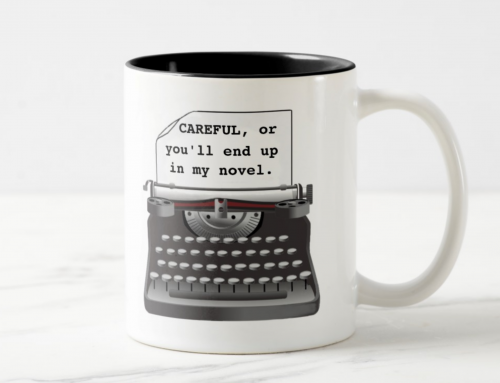
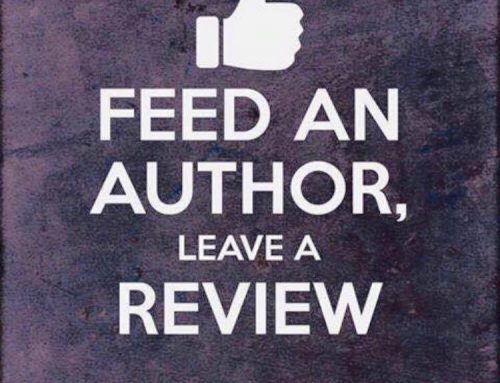


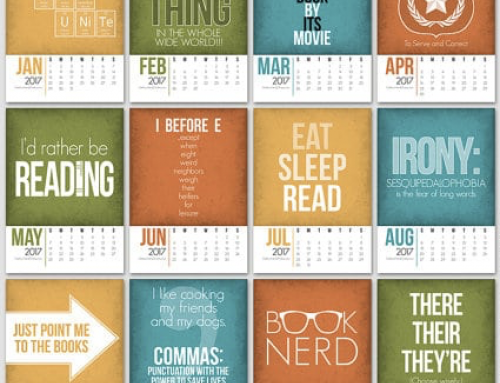
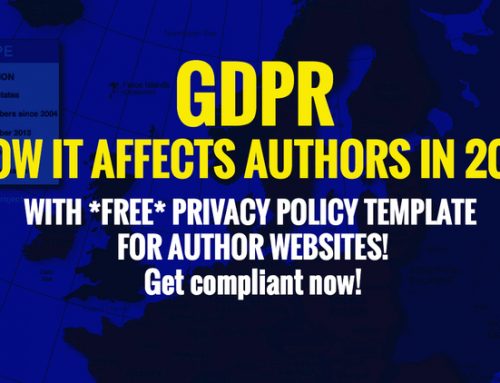
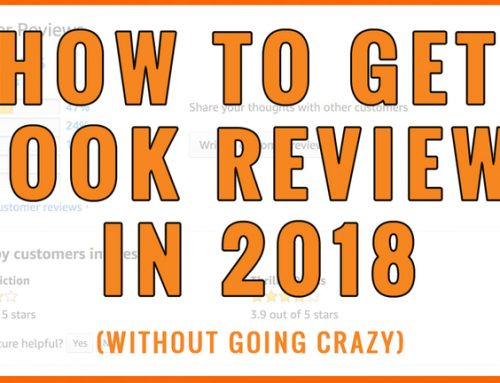
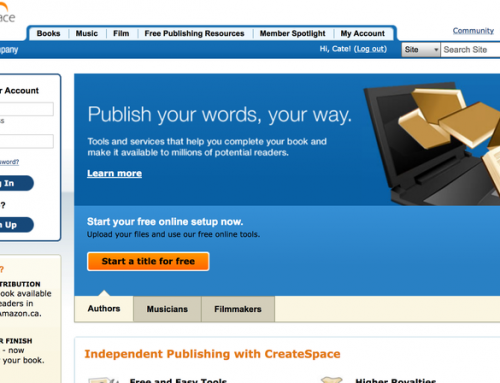
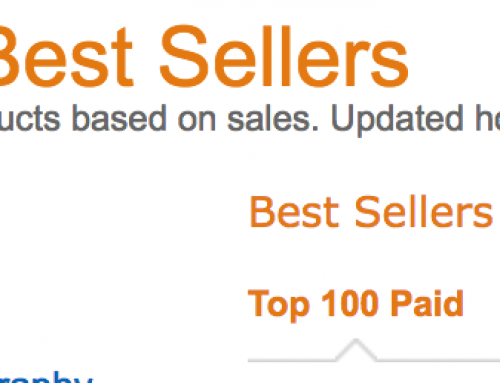
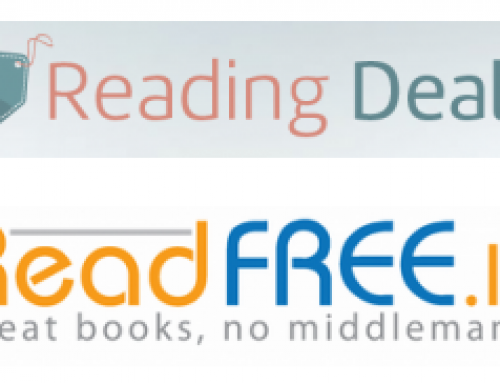

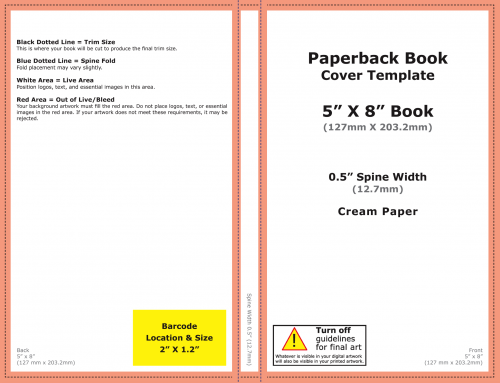
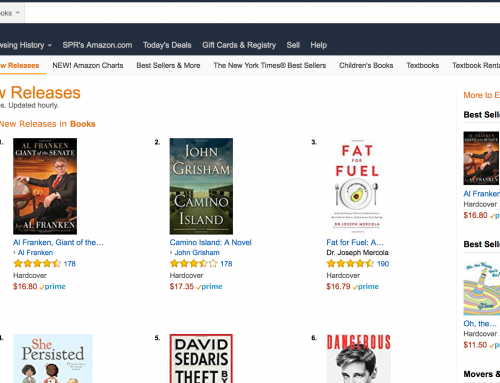
Nice article, thanks. Regarding limited distribution, it’s true that it’s difficult to get big chain bookstores to stock your book nationwide. And by “difficult” I mean pretty much impossible unless you’ve already made significant sales on your own. The good news is that you don’t need those guys to sell your book. In addition to making it available online, you can try special sales — outlets that don’t specialize in books, like gift shops, pet stores, etc.
As for marketing, learn everything you can about it. If you want anyone outside your circle of friends and family to know about your book, it’s essential. Go to http://www.wheatmark.com/free-book-marketing-workbook.cfm for a free e-book on book marketing if you’ve been trying to figure out how to reach a broader audience.
The only problem with releasing new editions is that, at least with the POD I used, the cost for re-issuing an ISBN number for the revised version is about $100 every time you make changes once the book has been released it for distribution. It’s not a huge problem, but it’s something to consider. Be vewy, vewy careful when making edits and revisions so you can do it as few times as possible if the expense is a little much to handle.
You can make revisions without calling the book a new edition. In other words, you don’t generally need the new ISBN unless you’re actually marketing the book as a new thing. But yes, don’t rush out and revise your published book every time you catch some minor thing you’d like to tweak. Keep a list of revisions you’d like to make and add to it over time. That way you only have to pay the extra printing costs once.